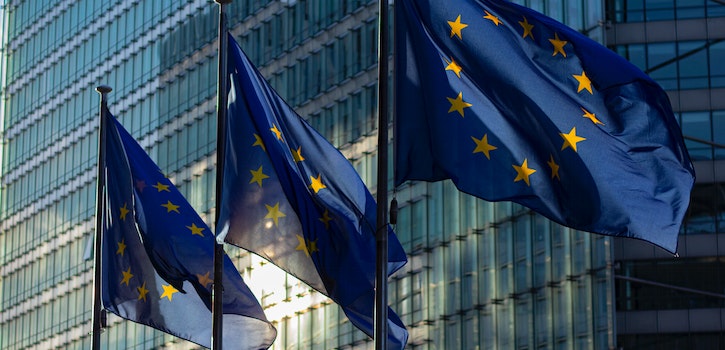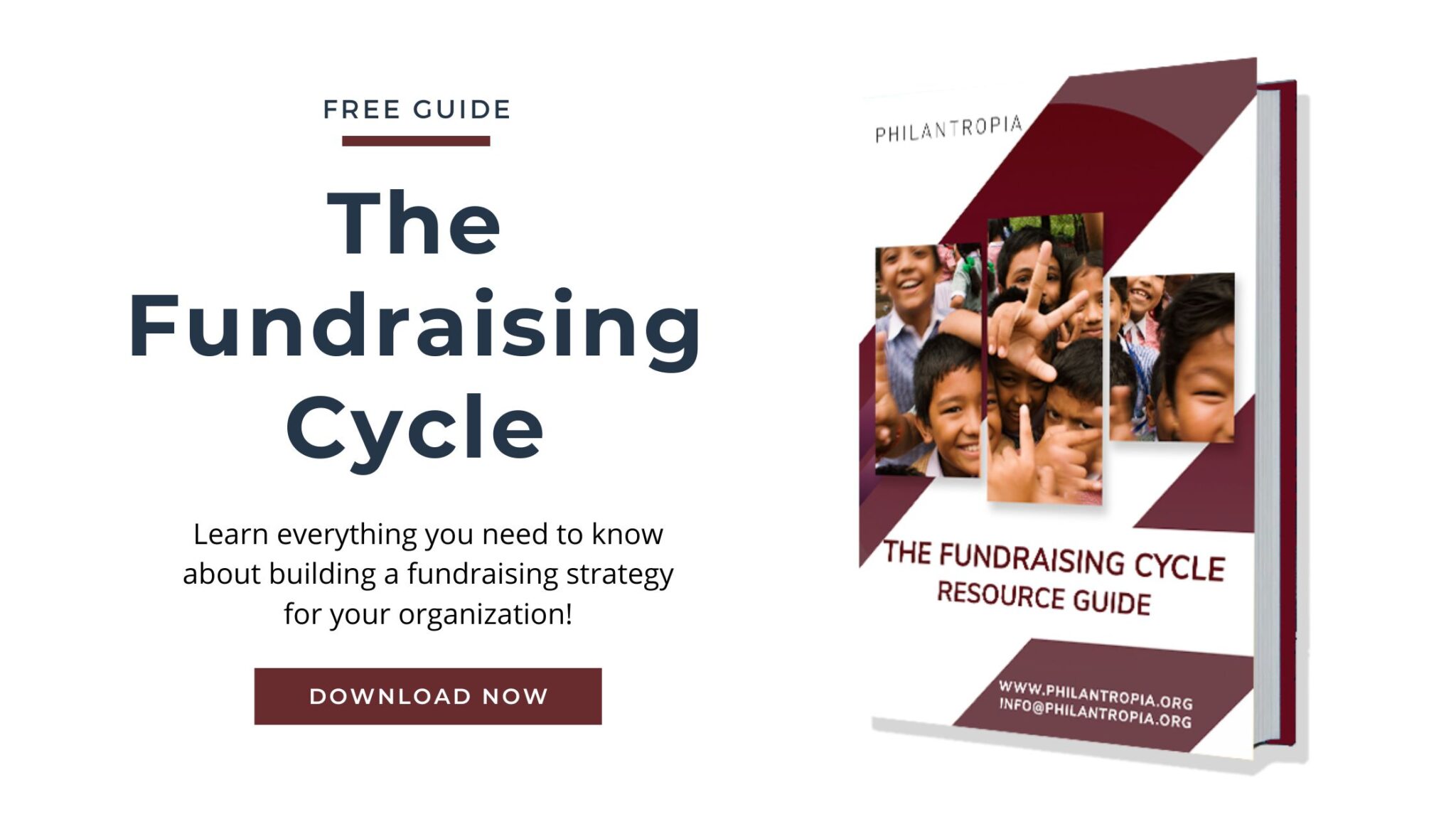The European Commission has issued a call for proposals to support civil society´s role in education in Nepal. The objectives of this call are to improve the participation of civil society in the education sector: to enhance advocacy, to ensure transparency and to increase effectiveness in national educational policy and implementation processes.
The specific objectives of this call for proposals are:
- (Lot 1 – Advocating for Quality Education) Strengthen national civil society engagement in education sector planning, policy dialogue and monitoring transparency and accountability of national education sector policy and its implementation.
- (Lot 2 – Quality Education: leaving no one behind) Strengthen civil society’s role in promoting access to education for all girls and boys
Who can apply?
Madhesh, Karnali and Sudurpashchim provinces are the priority provinces for actions funded under this call for proposals.
In order to be eligible for a grant, the lead applicant must be a legal person and be non-profit-making. It needs to be a specific type of organisation such as: non-governmental organisation, public sector operator, local authority or an international (inter-governmental) organization and be established in Nepal, in a Member State of the European Union or in any countries eligible under the Financing Instrument for development cooperation for the period 2021-2027. This obligation does not apply to international organisations.
What can you apply for?
Any grant requested under this call for proposals must fall between the following minimum and maximum
amounts:
Lot 1- Advocating for Quality Education:
- minimum amount: EUR 250,000
- maximum amount: EUR 350,000
Lot 2- Quality Education: leaving no one behind:
- minimum amount: EUR 1,000.000
- maximum amount: EUR 1,150,000
Applicants are strongly advised to develop a logical framework that is evidence-based and has a clear intervention logic. They are also advised to align their logframe with SDGs and if possible use results (outcomes and outputs) as well as indicators from EU results Framework.
The list of eligible activities includes, but is not limited to:
- Activities related to the improvement of participation of CSOs and CBOs in the implementation of the SESP at federal, provincial, local and school level.
- Activities related to analysis, research, knowledge gathering and dissemination in terms of gender, inclusion, disability, etc. in the education sector at community, school, local, provincial and/or federal level.
Activities related to improving capacities of stakeholders in the education sector, including in areas such as behaviour and norm change etc. for gender and inclusion, including School Management Committees (SMCs) and Parents and Teachers Associations (PTA).
- Developing operational research, innovative work to support the implementation of the SESP.
- Ensuring the inclusiveness of policy dialogue, and promoting inclusive strategies in the implementation of SESP.
- Increasing opportunities for early intervention for children with disabilities.
- Improving capacities of all stakeholders to implement the equity strategy, promoting multi-sectorial collaboration.
- Promoting the rights to basic education of indigenous populations and other disadvantaged groups and defending the rights of LGBTIQ+;
- Reducing the number of out of school children and promoting full participation and learning, as well as their full enjoyment of their human rights;
- Improving soft skills of teachers and school personnel, and fighting against corporal punishment and any form of violence
- Promoting women and girls’ role as agents of development and change, and involving men and boys’ associations, in particular by challenging stereotypes, and promoting the value of gender equality. Activities can include promoting the above inside the beneficiaries’ organisations.
Strengthening the rights of young people and their empowerment and involvement in public affairs, including by promoting their participation.
- Protecting young people including vulnerable adolescents, from sexual abuse and violence’s, labour and other forms of exploitation as well as negative practices, such as early marriages.
- Activities related to the improvement of CSO’s capacities for enhancing transparency and
accountability in the implementation of the SESP:
- Improving the capacities of stakeholders in good governance, transparency and social accountability
To apply for this opportunity, applicants first must submit a concept note. Only shortlisted organizations will be invited to send a full proposal. Organizations must register in PADOR first.
For further information please check the full call for proposals.



